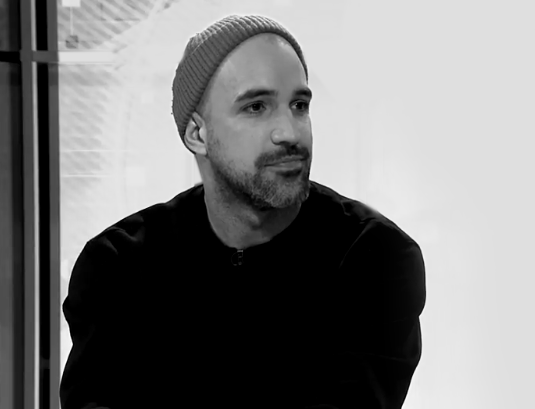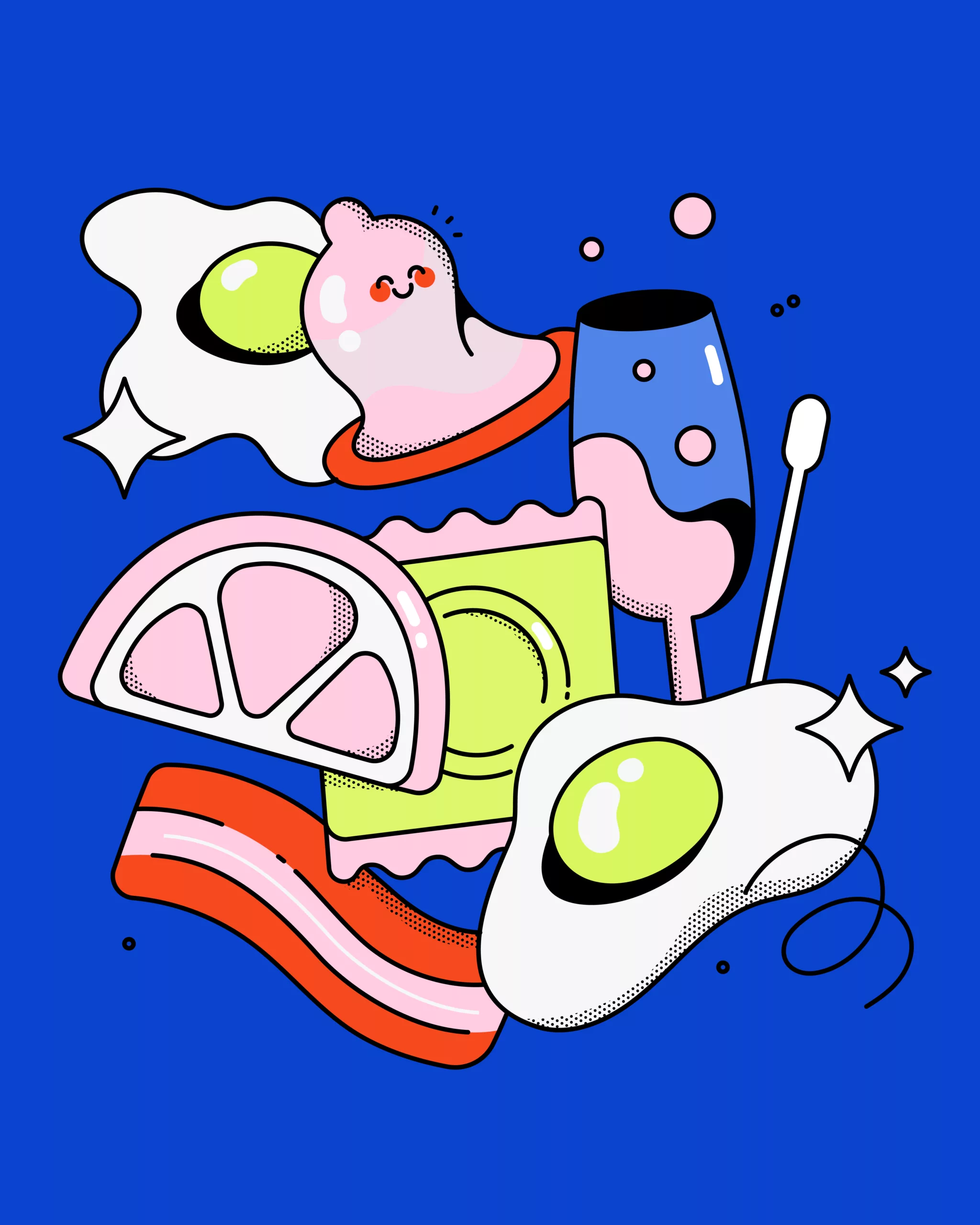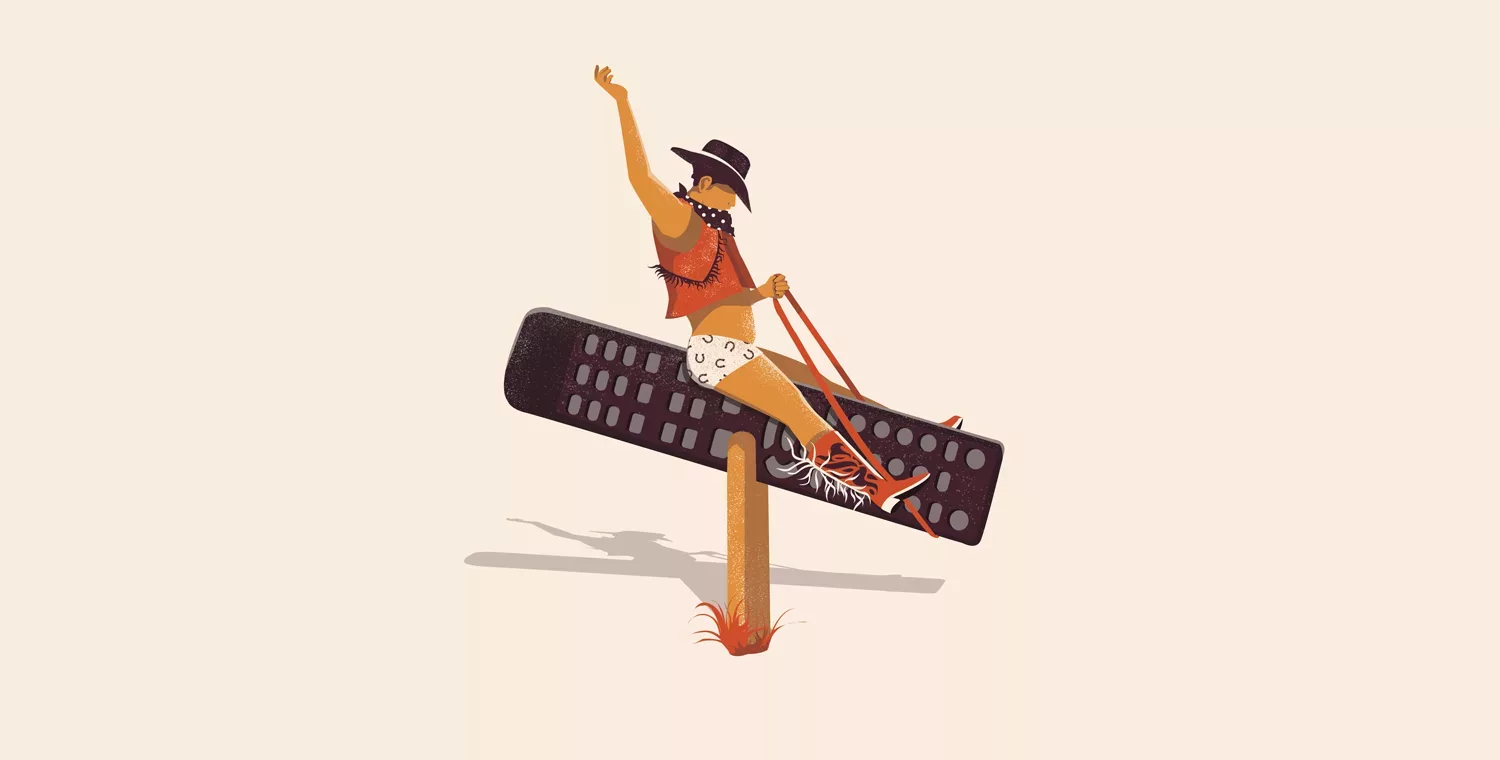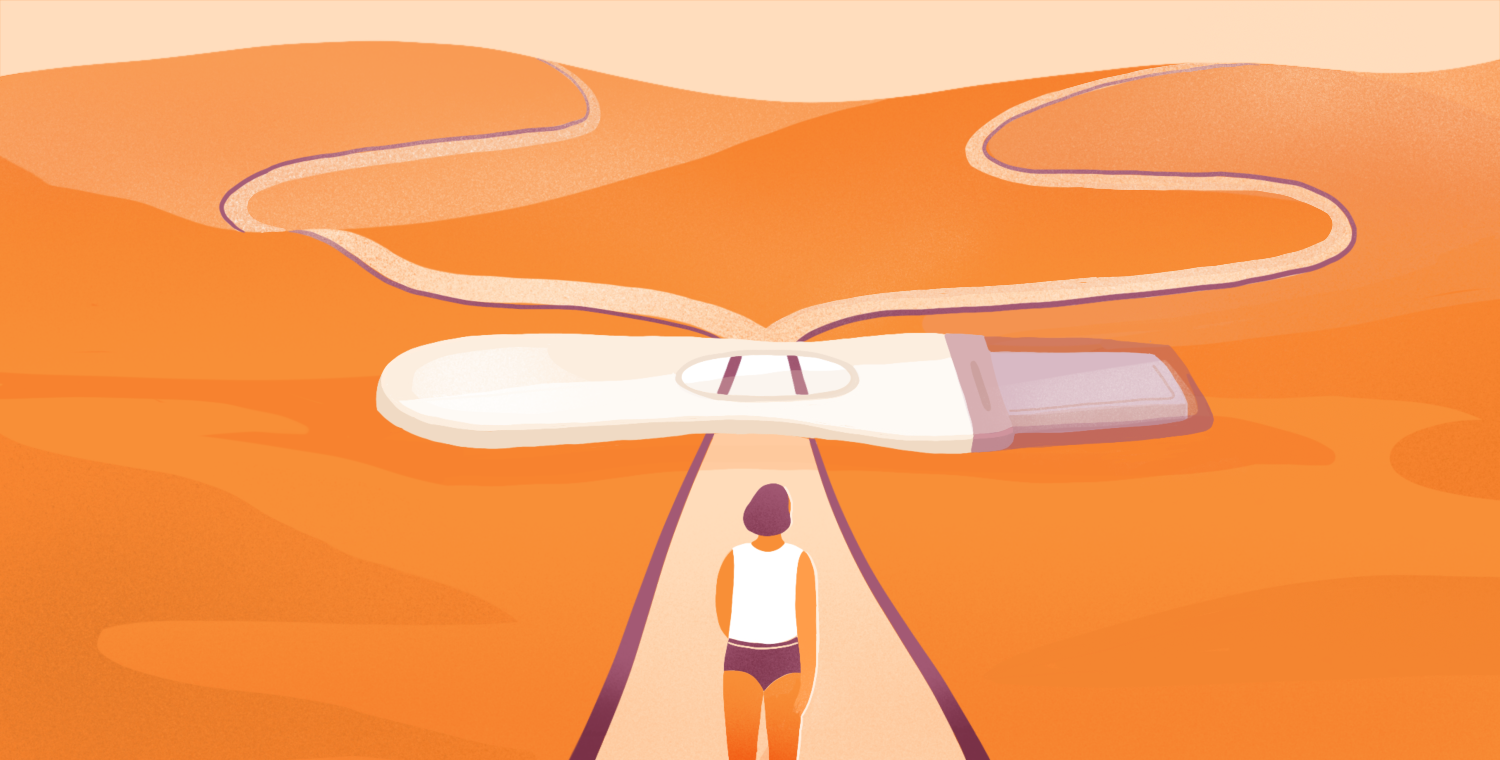Your cart is currently empty!

How Do You Make Love to a Person Living With a Disability?
Warning: Explicit photos
The smell of sweat is enough to excite Stephen. The idea of licking a woman’s hot feet, even more so, and as much could be said of cunnilingus! I discussed sex and disability with Stephen, a 58-year-old man who learned to make love with his mind before making love with his body.
“To my doctor, I’m a man. To my girlfriend too. Except that, unlike all the men I know, people ask me if I’m able to get a hard-on.”
Stephen was 10 or 12 years old when he had to accept that he’d never be able to climb stairs or play hockey in his childhood alley again. A victim of transverse myelitis, he woke up one morning without the use of anything below his armpits. From then on, he became one of the most popular kids in his school. He enjoyed his new status, until he came to realize that people would always see him as a guy in a wheelchair rather than as a potential lover, as the object of someone’s erotic or romantic daydreams.
“I’ve always been told that friendship between men and women doesn’t exist. As I made friends with several women, I’ve often wondered if they agreed to be my friends because they didn’t want anything ‘more’ because of my situation.”
Erection, cunnilingus, sweat, and foot fetish
Stephen can get hard. Preferably in the morning. But he doesn’t get hard at just any time or in any way. As he can’t feel touch on most of his body, he explains that all the sexual pleasure he experiences comes from the sensations he gets through his hands and tongue, as well as from what he sees and smells.
“I can’t feel my hand on my penis, but I do feel my penis in my hand. I also don’t feel my sperm eject when I ejaculate, but I do feel the orgasm somewhere in my lower abdomen. And when my partner gives me a blow job, when I’m about to come, my orgasms are ten times as intense.”
Stephen can orgasm through (self-)masturbation. He can also reach orgasm when his partner gives him oral sex when he’s on the verge of coming. He likes having his testicles squeezed very hard, and when they are, he feels a delightful shiver. He explains that if he’s able to enjoy those sensations, it’s because they are so strong that they overcome his handicap’s sensory barrier.
Stephen also enjoys sexting and phone sex. He loves to move his tongue and lips over a woman’s vulva and can give cunnilingus for an hour without getting tired. He likes to smell, caress, and lick a woman’s feet; especially when they’re long and the toes are too. However, throughout his lifetime, he’s rarely been able to have penetrative sex. Because of this, he had long questioned who he was, even thinking that it meant he wasn’t a real man…
To counter the image people had of him, he once asked a friend from university to take a picture of him nude, with his penis exposed.
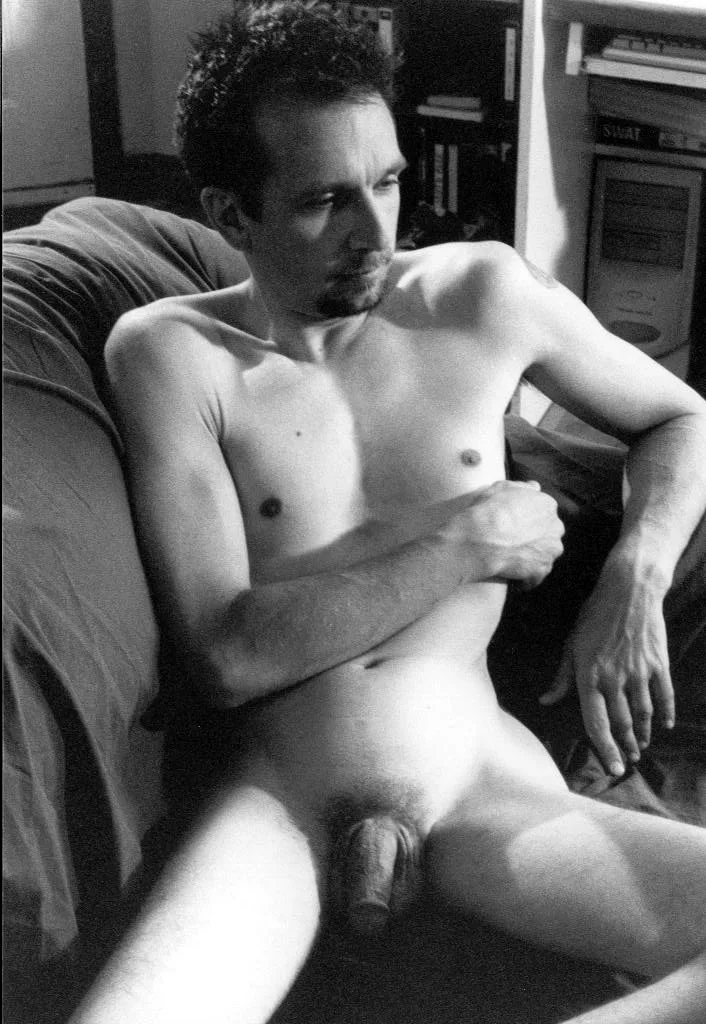
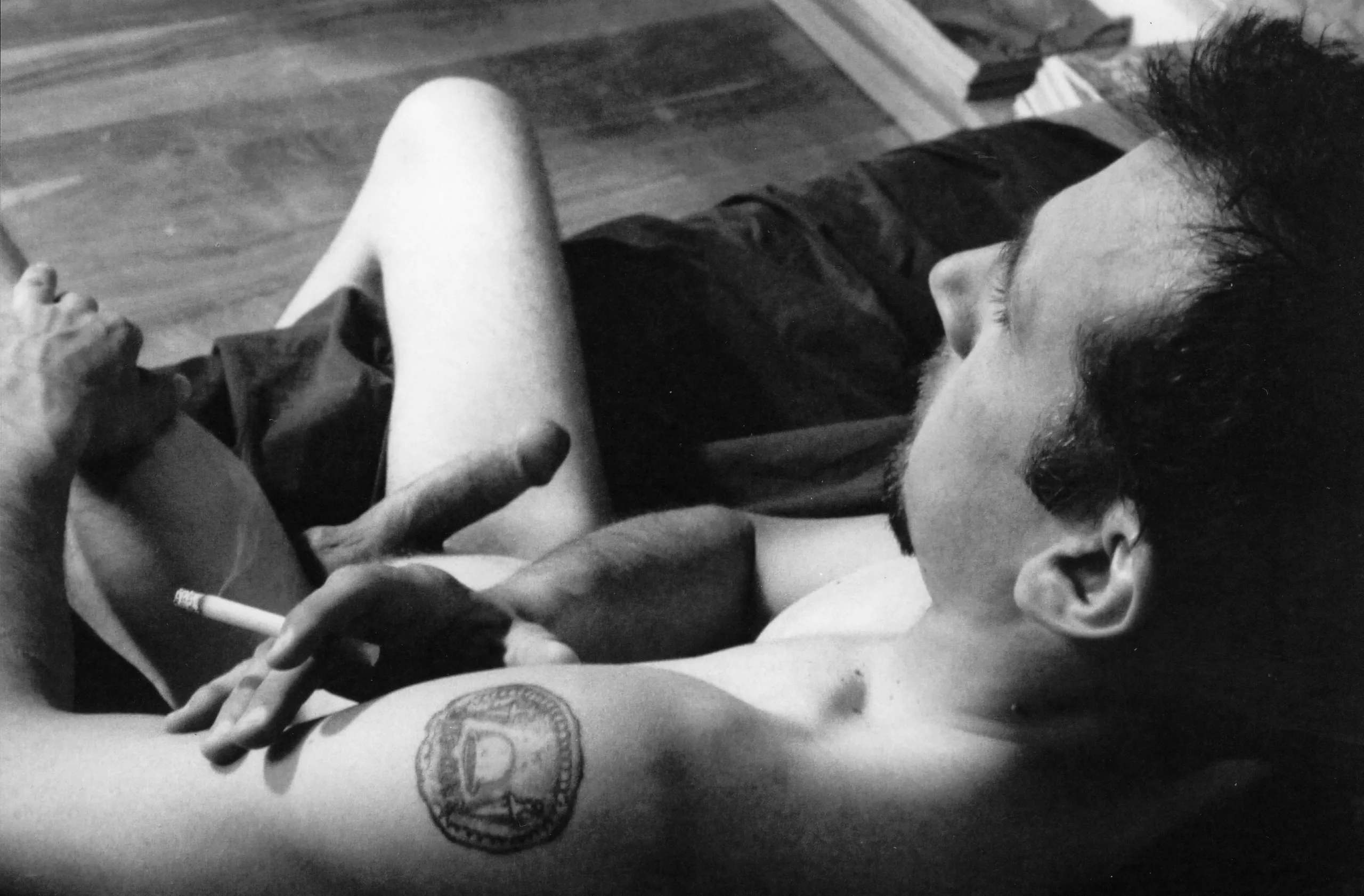
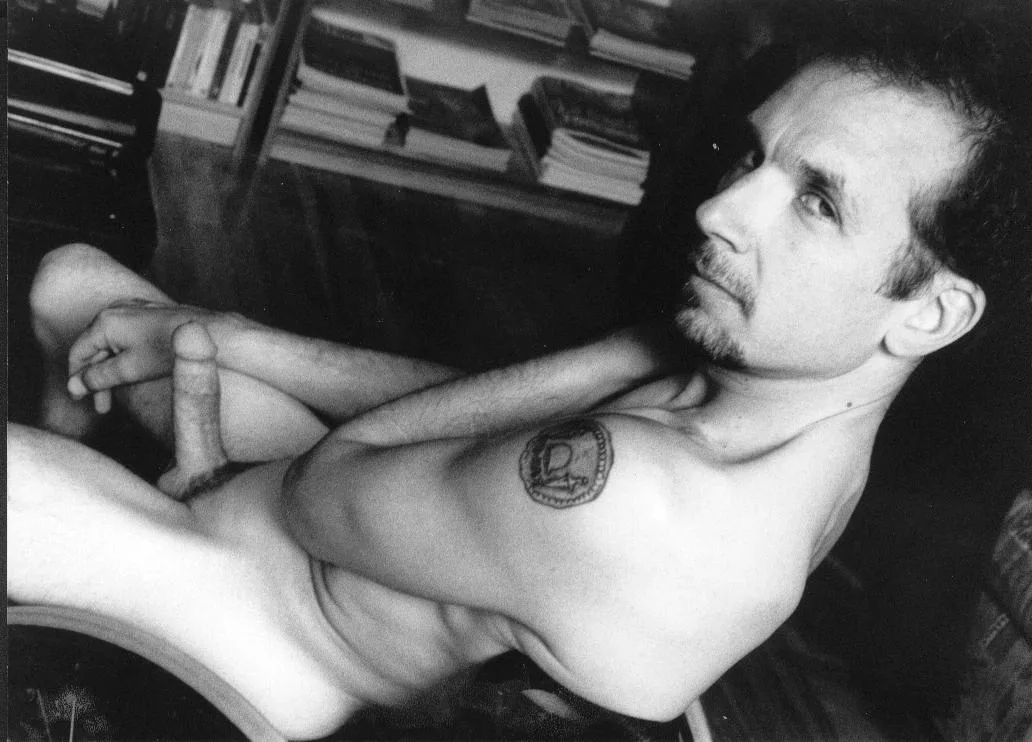
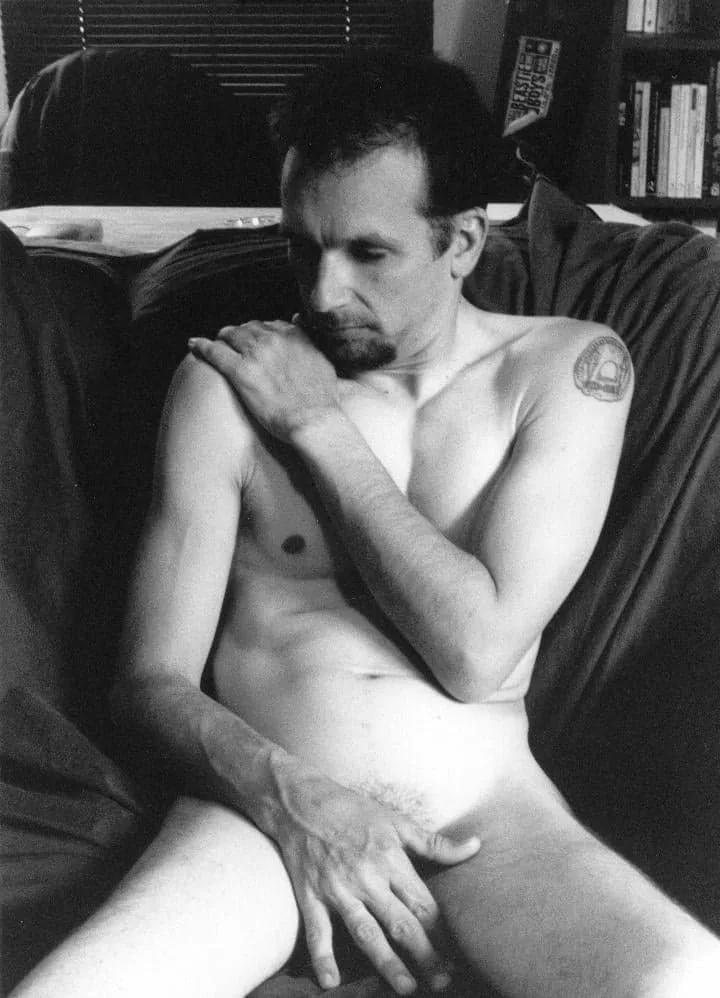
Credits : Marie-Claude Lambert
Experiencing his sexuality with open eyes
Stephen never closes his eyes during lovemaking. His gaze is focused from start to finish: “If I close my eyes while my girlfriend caresses my penis, I wouldn’t be able to tell if she was actually doing that, or if she was reading a book instead.”
He describes his sexuality as “voyeuristic” and explains that his desire is triggered when his vision, his sense of smell, his hands, his tongue or his lips come into contact with breasts, feet, armpits, a penis, or an anus.
This partially explains why he has difficulty maintaining an erection during penetration: if he doesn’t see his penis in action, his desire disappears completely. He also explains that the few times he was able to last a few seconds during penetration, it was because his partner, sitting on him, was careful to raise her hips high enough to let him see his penis entering her.
Disability ≠ asexual
Both Stephen and his partner are satisfied with the sexuality they share together. His mouth has also brought the three women with whom he had shared his love and intimate life to orgasm many, many times. It was only through the eyes of others that he sometimes felt he was “not enough”. “Not man enough”. “Not strong enough”. “Not attractive enough”. “Not enough”, all around.
“I’m fine with who I am, but on several occasions, I felt that people didn’t see me as a real man, just because I’m in a wheelchair.”
From where he’s sitting, Stephen has an exciting and fulfilling sex life, and those with whom he built it are the first to agree.
“If I have any advice to give, it’s for able-bodied people who are having sex with people like me. I’d tell them to listen to their partner because we’re all different, and we are all capable of saying what we like.”
-
Ancet, P. (2010). Virilité, identité masculine et handicap [Virility, masculine identity and disability]. In R. Scelles, A. Ciccone, S. Korff-Sausse, S. Missonnier, & R. Salbreux (Eds.) Handicap, identité sexuée et vie sexuelle [Disability, sexual identity and sex life] (pp. 157–170). Érès.
Brodwin, M. G., & Frederick, P. C. (2010). Sexuality and societal beliefs regarding persons living with disabilities. Journal of Rehabilitation Washington, 76(4), 37–41.
Dupras, A. (2014). La sexualité des hommes en situation de handicap comme quête d’identité et de reconnaissance [The sexuality of men with disabilities as a quest for identity and recognition]. Vst – Vie Sociale Et Traitements, 123(3), 44–44. https://doi.org/10.3917/vst.123.0044
Fournier, J. (2020). Expériences du handicap et de la sexualité: Entendre, comprendre pour penser et agir [Experiences of disability and sexuality: Hearing, understanding to think and act]. Érès. https://doi-org.proxy.bibliotheques.uqam.ca/10.3917/eres.fourn.2020.01
Garofalo Geymonat, G. (2019). Disability rights meet sex workers’ rights: The making of sexual assistance in europe. Sexuality Research and Social Policy, 16(2), 214–226. https://doi.org/10.1007/s13178-019-0377-x


